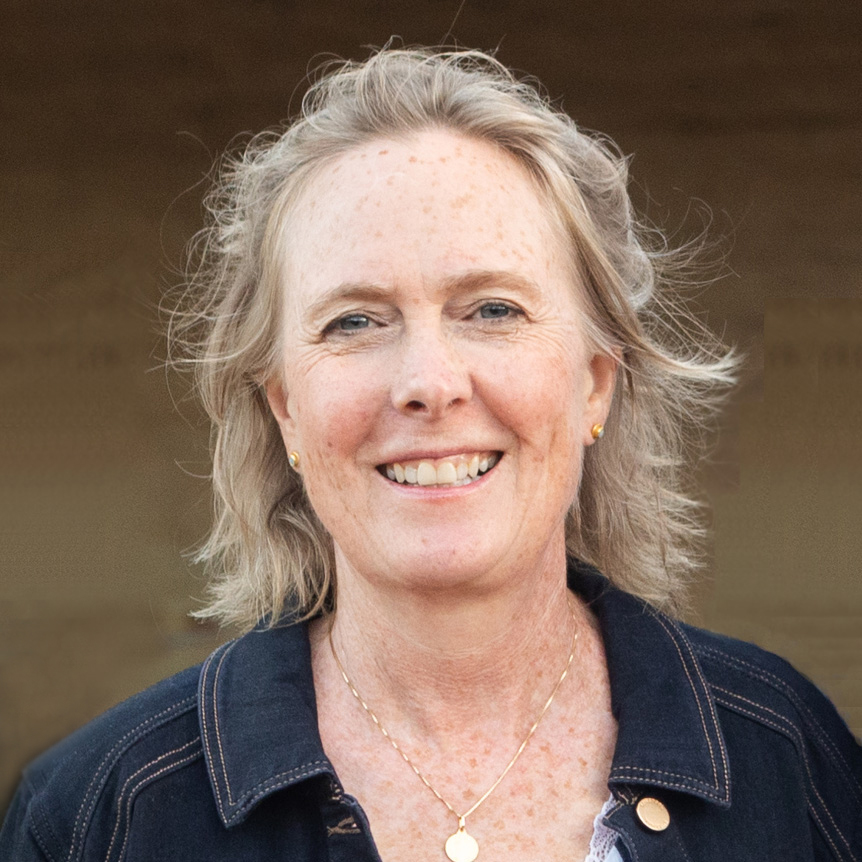Opinion: Supreme Court’s EPA case a step back for all of humanity
By Sigrid Wright
Last week, the U.S. Supreme Court issued an extremely controversial ruling on the Environmental Protection Agency’s ability to broadly regulate carbon emissions from existing power plants.
Siding with coal-mining companies, the majority of justices swiftly dismantled the EPA’s charge of capping one of the most destructive causes of climate change. The ruling could also have implications for other regulatory agencies.

The Supreme Court’s decision is out of touch with science and the values that the vast majority of Americans share. The White House has officially declared we are in a climate emergency; the most notable scientific body in the world, the International Governmental Panel on Climate Change, has declared “code red” for humanity; and more than 60% of Americans want to see more done by Congress to address climate change, according to Yale Climate Communications (which Professor Leah Stokes of UC Santa Barbara is affiliated with).
Furthermore, the decision demonstrates disregard for the Clean Air Act, the role of Congress to set environmental policy, and the jurisdiction of the EPA to regulate impacts to the environment. As Justice Elena Kagan stated in her powerful dissenting argument:
“The subject matter of the regulation here makes the Court’s intervention all the more troubling. Whatever else this Court may know about, it does not have a clue about how to address climate change. And let’s say the obvious: The stakes here are high. Yet the Court today prevents congressionally authorized agency action to curb power plants’ carbon dioxide emissions. The Court appoints itself — instead of Congress or the expert agency — the decisionmaker on climate policy. I cannot think of many things more frightening.”
Congressmember Ro Khanna, D-Fremont, takes the argument of the court’s over-reach a step further, declaring it “a crisis of legitimacy.”
The decision clearly prioritizes polluters over people. And in doing so it comes to the rescue of a dying coal industry at the expense of the vast potential of the renewable energy industry. According to the Center for Climate and Energy Solutions, renewable energy is the fastest-growing energy source in the United States, increasing 90% from 2000 to 2020 and 42% from 2010 to 2020.Thankfully states like California are offering added incentives, making renewables even more financially attractive to investors and developers.
A few weeks ago, at the Ninth Summit of the Americas in Los Angeles, President Joe Biden made climate change a cornerstone of the international gathering. He announced new climate initiatives through the lens of economic development. He said:
“When I hear climate, I think jobs. Good-paying, high-quality jobs will help speed our transition to a green economy of the future and unleash sustainable growth: jobs in developing and deploying clean energy, jobs in decarbonizing the economy, jobs in protecting biodiversity of our hemisphere, jobs that provide dignity of being able to feed your family, give your children a better life.”
Despite the commitments and actions by the Biden administration, we are not relying on or waiting for national policy. We painfully learned that lesson during the last administration.
Rather, the Community Environmental Council is forging local and state solutions like never before with unrelenting, focused and inclusive climate action. We are advancing rapid and equitable solutions to the climate crisis, including ambitious zero carbon goals, drawdown of excess carbon, and protection against the impacts of climate change. CEC, the Central Coast and California are leading our nation and world toward a zero carbon future.
We experiment and innovate in California, creating the clean energy economy of the future. What we do here is spreading to other states and regions. For example, the cities of Santa Barbara and Goleta were early adopters of 100% renewable electricity goals, and five Ventura agencies were some of the first in the nation to achieve 100% renewable electricity. Now over 170 cities and eight states have made similar actions.
While we are discouraged by the devastating Supreme Court decision, our resolve is undeterred and even emboldened. The science dictates that it is not too late to mitigate and adapt; we will follow the science, not the out-of-touch ideology of the Supreme Court.
• Sigrid Wright is the CEO of Community Environmental Council, an environmental advocacy group based in Santa Barbara.











